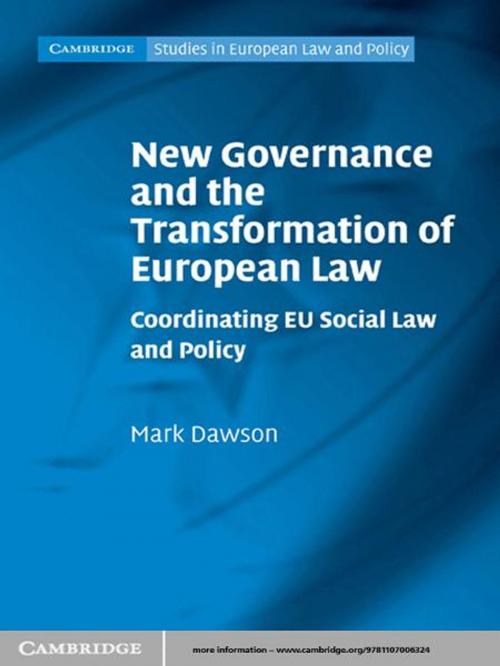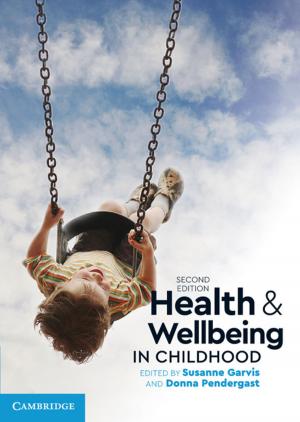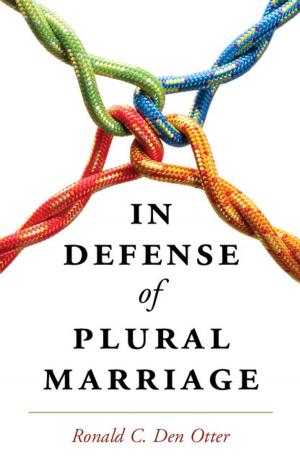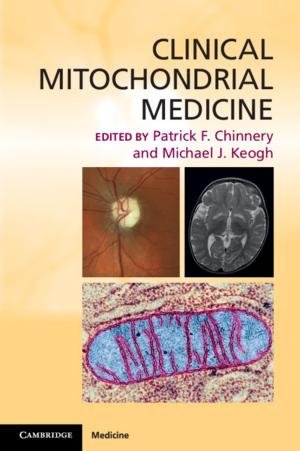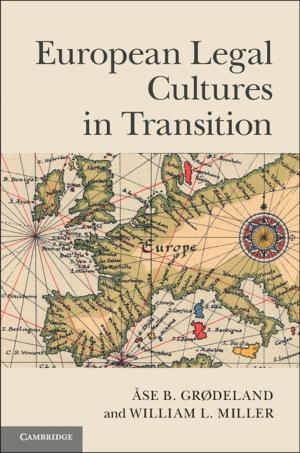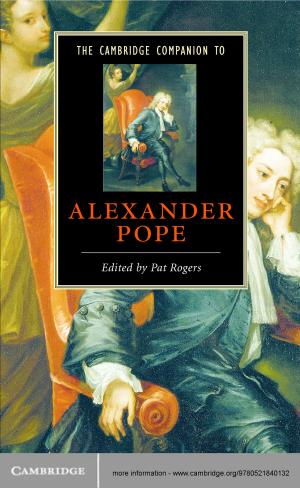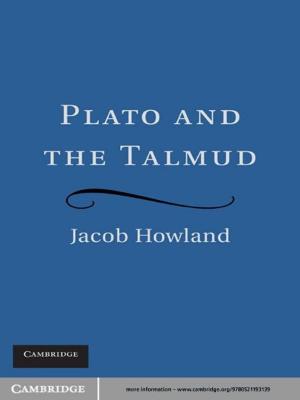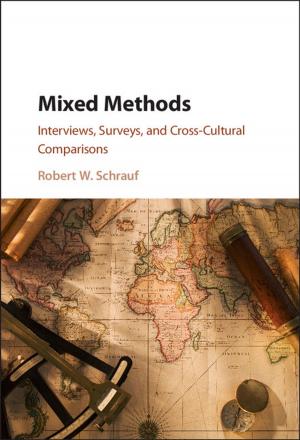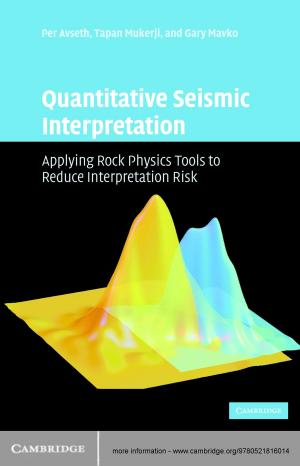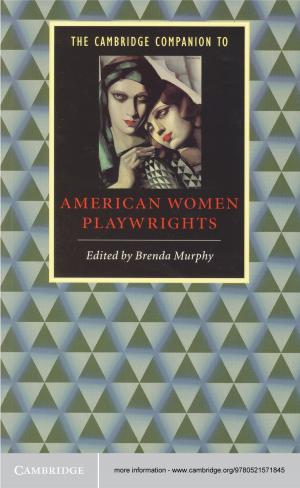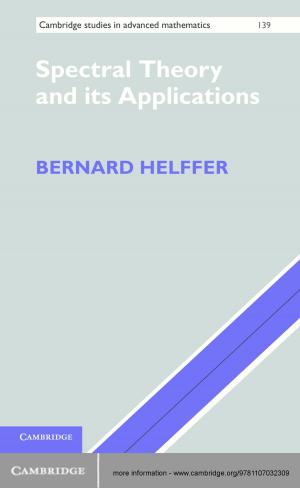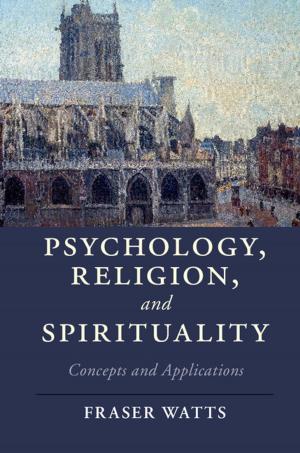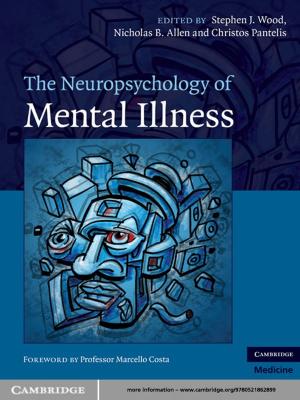New Governance and the Transformation of European Law
Coordinating EU Social Law and Policy
Nonfiction, Reference & Language, Law, International, Social & Cultural Studies, Political Science| Author: | Professor Dr Mark Dawson | ISBN: | 9781139199704 |
| Publisher: | Cambridge University Press | Publication: | October 27, 2011 |
| Imprint: | Cambridge University Press | Language: | English |
| Author: | Professor Dr Mark Dawson |
| ISBN: | 9781139199704 |
| Publisher: | Cambridge University Press |
| Publication: | October 27, 2011 |
| Imprint: | Cambridge University Press |
| Language: | English |
The development of non-binding new governance methods has challenged the traditional ideals of EU law by suggesting that soft norms and executive networks may provide a viable alternative. Rather than see law and new governance as oppositional projects, Mark Dawson argues that new governance can be seen as an example of legal 'transformation', in which soft norms and hard law institutions begin to cohabit and interact. He charts this transformation by analysing the Open Method of Coordination (OMC) for Social Inclusion and Protection. While this process illustrates some of the concrete advantages for EU social policy which new governance has brought, it also illustrates their extensive legitimacy challenges. Methods like the OMC have both excluded traditional institutions, such as Courts and Parliaments, and altered the boundaries of domestic constitutional frameworks. The book concludes with some practical suggestions for how a political 'constitutionalisation' of new governance could look.
The development of non-binding new governance methods has challenged the traditional ideals of EU law by suggesting that soft norms and executive networks may provide a viable alternative. Rather than see law and new governance as oppositional projects, Mark Dawson argues that new governance can be seen as an example of legal 'transformation', in which soft norms and hard law institutions begin to cohabit and interact. He charts this transformation by analysing the Open Method of Coordination (OMC) for Social Inclusion and Protection. While this process illustrates some of the concrete advantages for EU social policy which new governance has brought, it also illustrates their extensive legitimacy challenges. Methods like the OMC have both excluded traditional institutions, such as Courts and Parliaments, and altered the boundaries of domestic constitutional frameworks. The book concludes with some practical suggestions for how a political 'constitutionalisation' of new governance could look.
